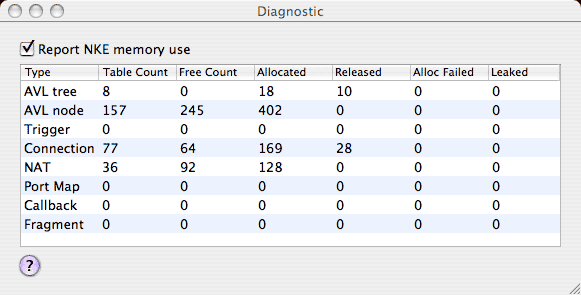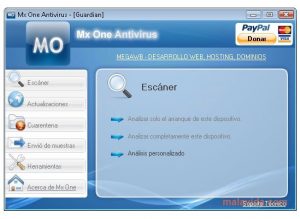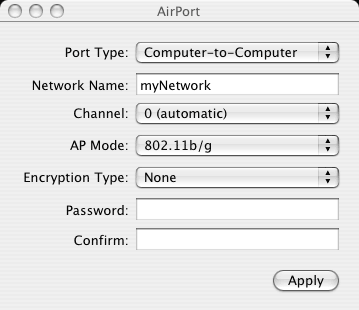
Prior to attending this course, you will be asked to sign an agreement stating that you will not use the newly acquired skills for illegal or malicious attacks and you will not use such tools in an attempt to compromise any computer system, and to indemnify EC-Council with respect to the use or misuse of these tools, regardless of intent. Legal Agreement: Ethical Hacking and Countermeasures course mission is to educate, introduce and demonstrate hacking tools for penetration testing purposes only. Students need to pass the online Prometric exam to receive CEH certification. Who Should Attend This course will significantly benefit security officers, auditors, security professionals, site administrators, and anyone who is concerned about the integrity of the network infrastructure.Ĭertification: The Certified Ethical Hacker certification exam 312-50 will be conducted on the last day of training. This course prepares you for EC-Council Certified Ethical Hacker exam 312-50 When a student leaves this intensive 5 day class they will have hands on understanding and experience in Ethical Hacking. Students will also learn about Intrusion Detection, Policy Creation, Social Engineering, DDoS Attacks, Buffer Overflows and Virus Creation. Students then learn how intruders escalate privileges and what steps can be taken to secure a system. Students will begin by understanding how perimeter defenses work and then be lead into scanning and attacking their own networks, no real network is harmed. The lab intensive environment gives each student in-depth knowledge and practical experience with the current essential security systems.
Ipnetsentryx how to#
A Certified Ethical Hacker is a skilled professional who understands and knows how to look for the weaknesses and vulnerabilities in target systems and uses the same knowledge and tools as a malicious hacker.Įthical Hacking and Countermeasures Training Program Course Description: This class will immerse the student into an interactive environment where they will be shown how to scan, test, hack and secure their own systems. The Certified Ethical Hacker certification will fortify the application knowledge of security officers, auditors, security professionals, site administrators, and anyone who is concerned about the integrity of the network infrastructure. The CEH Program certifies individuals in the specific network security discipline of Ethical Hacking from a vendor-neutral perspective.

The most important point is that an Ethical Hacker has authorization to probe the target. When it is done by request and under a contract between an Ethical Hacker and an organization, it is legal. Hacking is a felony in the United States and most other countries.

The Ethical Hacker is an individual who is usually employed with the organization and who can be trusted to undertake an attempt to penetrate networks and/or computer systems using the same methods as a Hacker. The definition of an Ethical Hacker is very similar to a Penetration Tester. In other words, they must penetrate their networks and assess the security posture for vulnerabilities and exposure. To ensure that organizations have adequately protected their information assets, they must adopt the approach of ‘defense in depth’. If hacking involves creativity and thinking ‘out-of-the-box’, then vulnerability testing and security audits will not ensure the security proofing of an organization. As technology advances and organization depend on technology increasingly, information assets have evolved into critical components of survival.

This philosophy stems from the proven practice of trying to catch a thief, by thinking like a thief. The goal of the ethical hacker is to help the organization take preemptive measures against malicious attacks by attacking the system himself all the while staying within legal limits. This hacking is not only widespread, but is being executed so flawlessly that the attackers compromise a system, steal everything of value and completely erase their tracks within 20 minutes. Computers around the world are systematically being victimized by rampant hacking.


 0 kommentar(er)
0 kommentar(er)
